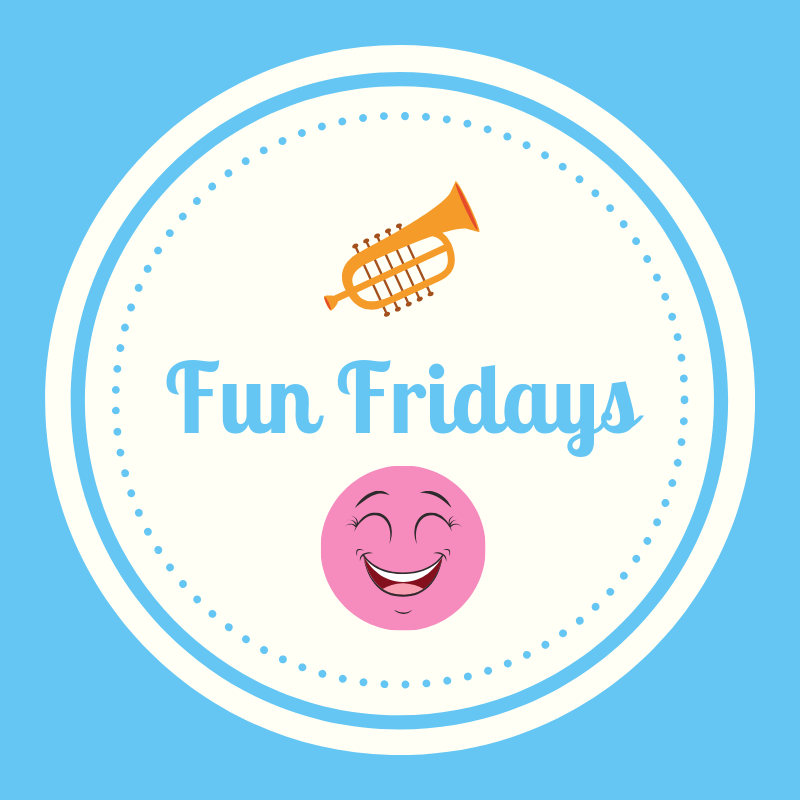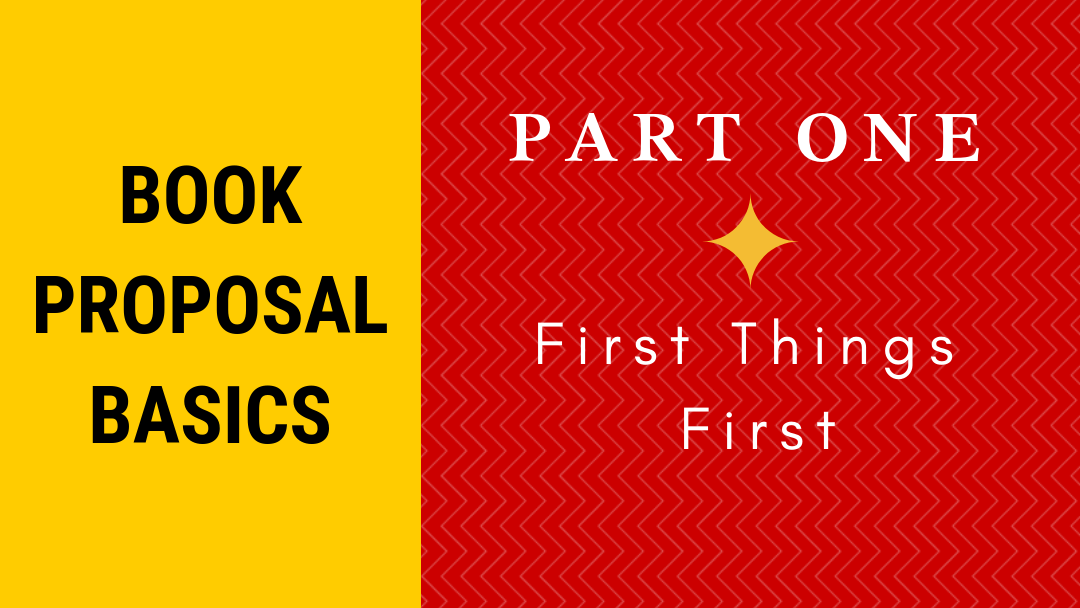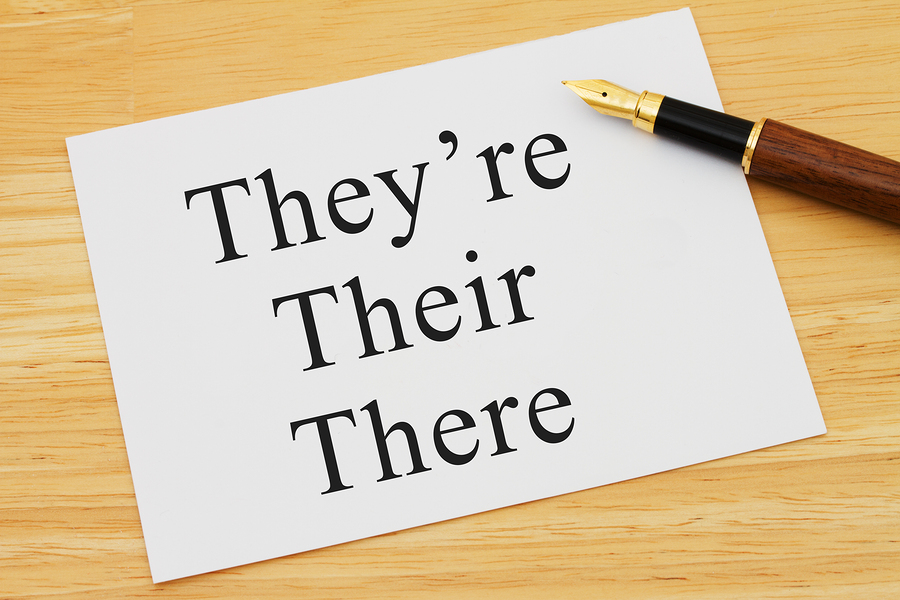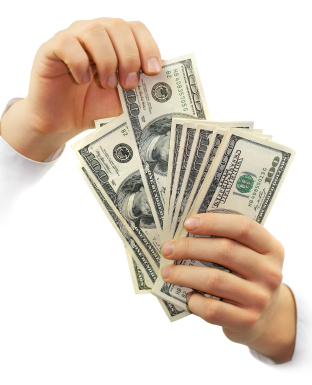Have you ever been frustrated while looking for an agent or editor? In today’s episode, we are going to talk about where to find good editors and agents using the Christian Writers Market Guide.
I am joined today by Steve Laube, the president and founder of The Steve Laube Agency and a veteran of the bookselling industry with nearly 40 years of experience. He and his agency have represented over 1,500 new books and Steve was named Agent of the Year by ACFW.
Steve, welcome to the Christian Publishing Show!
Questions:
Why are agents and editors so hard to find for many authors?
Does knowing about the publishing company ahead of time give your proposal a higher chance for success?
Let’s go through each section of the guide:
Section 1: Book Publishers
Section 2: Independent Book Publishers
- Independent Book Publishers
- Design and Production Services
- Distributions Services
Section 3: Periodical Publishers
Section 4: Specialty Markets
- Daily Devotional Booklets and Websites
- Drama
- Greeting Cards and Gifts
- Tracts
- Bible Curriculum
Section 5: Support for Writers
- Agents (often with tips by the agents themselves on how to get accepted)
- Writers’ Conferences
- Writers’ Groups
- Editorial Services
- Publicity and Marketing Services
- Legal and Accounting Services
- Speaking Services
- Contests
Two Versions
Print & Online
Special deal for Christian Publishing Show listeners. You can get a year of access to the online portal with the purchase of a paper copy.
Simply email your receipt (or a photo of a paper receipt) to receipt@christianwritersinstitute.com and you will receive a special coupon code.
Sponsor: Christian Writers Institute
How to Use The Christian Writers Market Guide
Cost: Free!
The post 017 How to Find Agents and Editors with the Christian Writers Market Guide appeared first on Christian Publishing Show.








